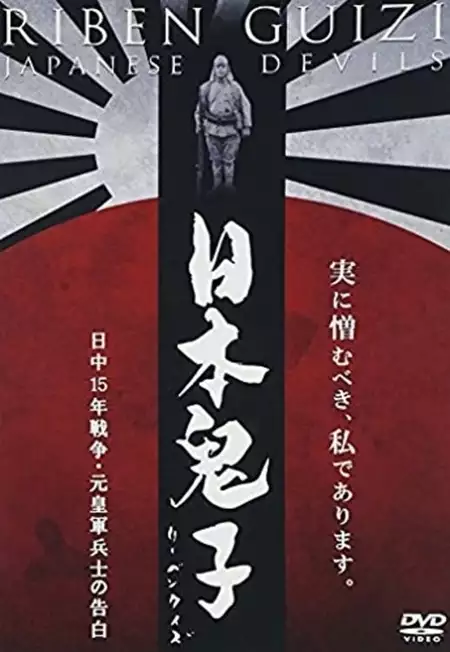Japanese Devils (2001)
February 6, 2001Release Date
Japanese Devils (2001)
February 6, 2001Release Date
Plot.
Where to Watch.
Cast & Crew.

Yoshio Tsuchiya
Himself / Former 2nd Lieutenant, MP / Witness #1

Hakudo Nagatomi
Himself / Former Sergeant, Army / Witness #2

Yoshio Shinozuka
Himself / Former Corporal, Army / Witness #3

Tsuyoshi Ebato
Himself / Former Sergeant, Army / Witness #4

Taisuke Funyu
Himself / Former Sergeant Major, Army / Witness #5

Masao Shikada
Himself / Former 2nd Lieutenant / Witness #6

Yoshio Suzuki
Himself / Former Sergeant Major, Army / Witness #7

Yasuji Kaneko
Himself / Former Corporal, Army / Witness #8

Masayo Enomoto
Himself / Former Sergeant Major, Army / Witness #9

Ken Yuasa
Himself / Former 1st Lieutenant, Army Medical Corps / Witness #10

Ichiro Koyama
Himself / Former Sergeant, Army / Witness #11

Shozo Tominaga
Himself / Former 1st Lieutenant, Army / Witness #12

Tetsuji Kubota
Himself / Former Sergeant Major, Army / Witness #13

Takeshi Kobayashi
Himself / Former Corporal, Army / Witness #14

Minoru Matsui
Director / Writer / Editor / Producer

Kenichi Oguri
Director of Photography / Sound Recordist / Producer

Ryosuke Sato
Original Music Composer

Hiromi Hanai
Assistant Director
Details.
Release DateFebruary 6, 2001
Original Name日本鬼子
StatusReleased
Running Time2h 40m
Genres
Last updated:
Wiki.
Japanese Devils (or Riben Guizi 日本鬼子) is a Japanese documentary about the war crimes committed by the Imperial Japanese Army between 1931 and 1945. The documentary is a series of interviews with 14 Japanese veterans of the Second Sino-Japanese War who recount rape, massacres, bio-experiments, and cannibalism. The accuracy of these interviews is contested by Japanese nationalist critics.
Minoru Matsui's inspiration for the film came after one of his original interviewees died. Feeling that it was his last chance to document the stories, he began the process of creating the documentary. Initial support was minimal, with all production companies showing no interest. The film did not gain any traction until it was entered into the Berlin Film Festival.
The original title, Riben Guizi, is a Chinese phrase popular in the 1930s and 1940s used to express hatred for Japanese invaders.
You May Also Like.

The Wages of Fear (2024)

House of Ga'a (2024)

Sniper: G.R.I.T. - Global Response & Intelligence Team (2023)

Kingdom III: The Flame of Destiny (2023)

Amber Alert (2024)

Let Her Kill You (2023)

Believer 2 (2023)

Ambush (2023)
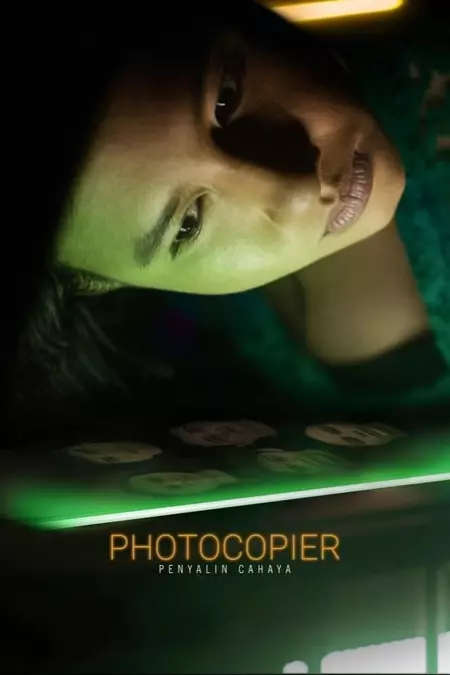
Photocopier (2021)

The Trouble with Jessica (2024)
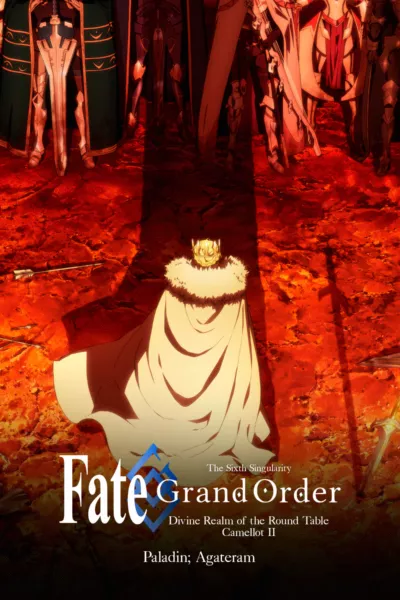
Fate/Grand Order the Movie: Divine Realm Of The Round Table: Camelot Paladin; Agateram (2021)
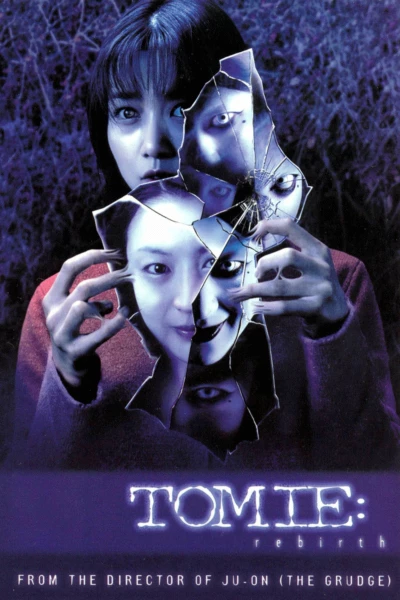
Tomie: Rebirth (2001)
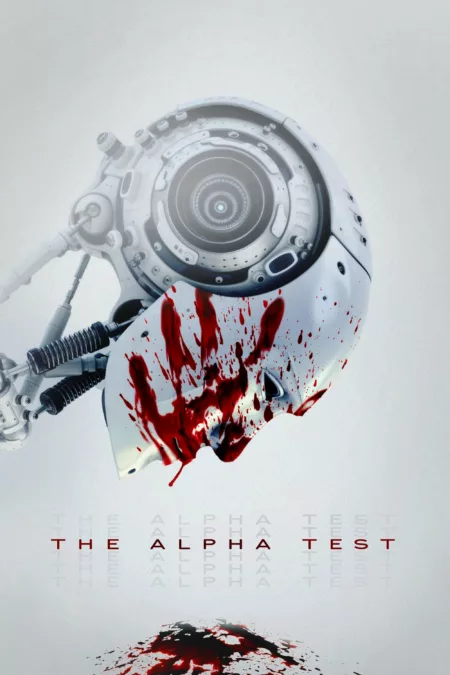
The Alpha Test (2021)
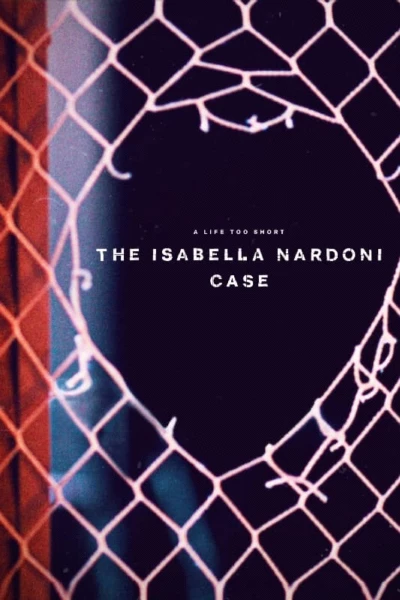
A Life Too Short: The Isabella Nardoni Case (2023)

Re-Kill (2015)
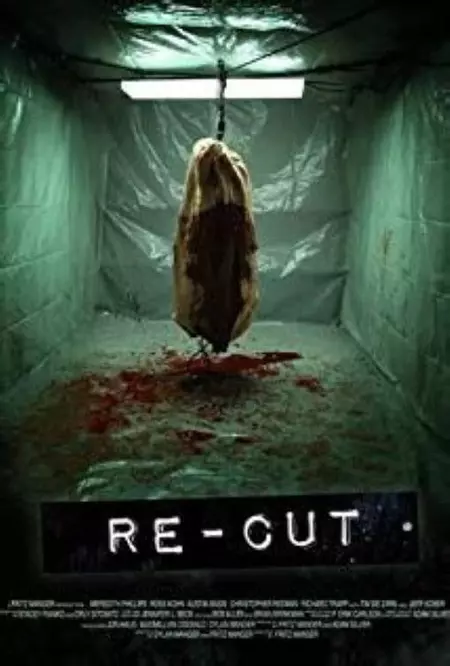
Re-Cut (2010)

Re-Elected (2020)

Re-Animated (2006)


